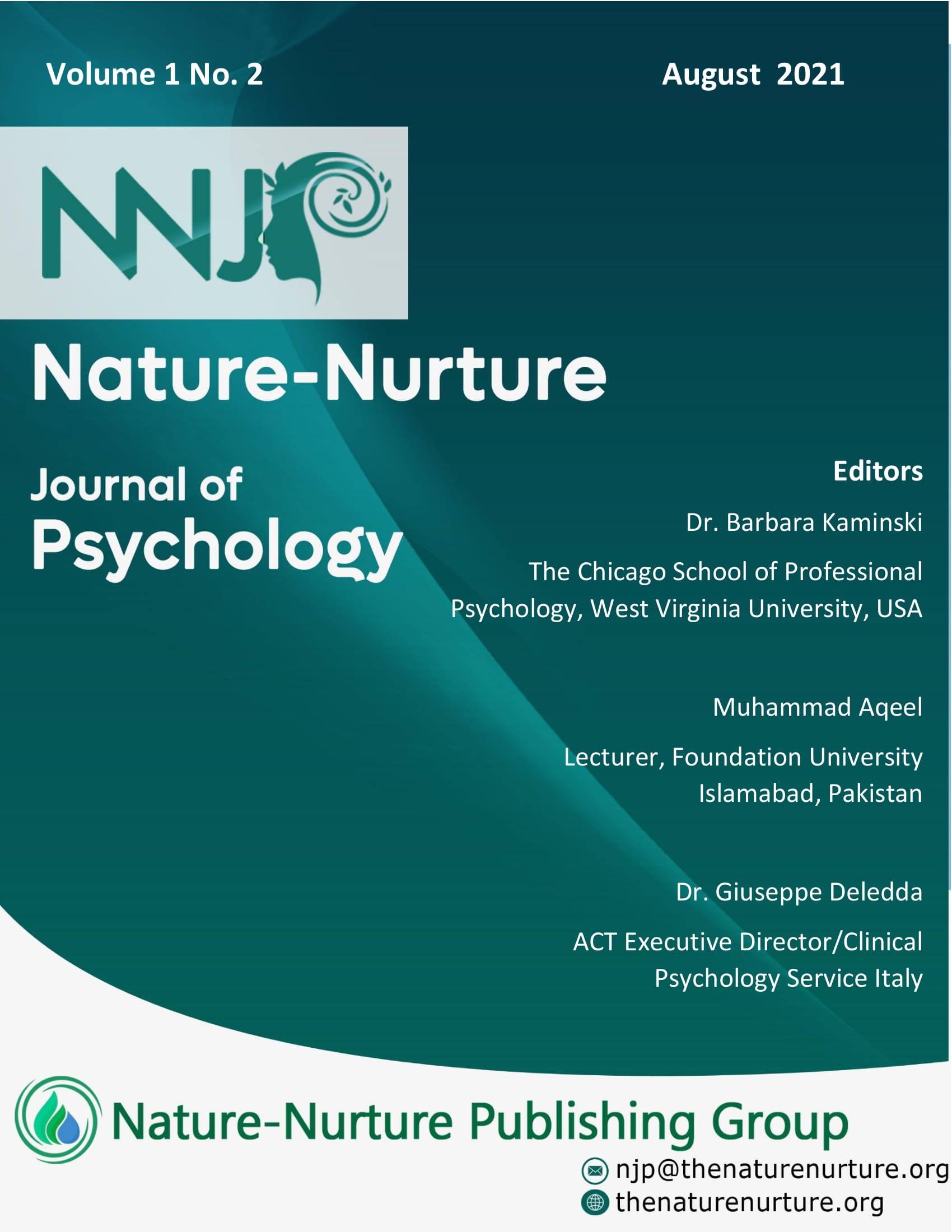Abstract
Background: In its most persistent form, vertigo is a subjective phenomenon experienced among vestibulocochlear disorder patients. Although there is ample research on its co-morbidity with stress, depression, and anxiety, that on co-morbidity with other fundamental psychiatric symptoms, such as malingering has obtained less attention. Therefore the objective of the current study was to examine associations of vertigo, stress, depression, anxiety, malingering and coping strategies in patients with vestibular disorder, and to identify potential moderation effects of malingering among the study variables.
Methods: In present study, a purposive sampling technique and cross-sectional design were used. This study was performed on two hundred and two vestibulocochlear disorder patients having chief complaints of vertigo, age ranged from 18 to 89 (M = 46.14; SD = 16.64) recruited from various hospitals of Islamabad and Rawalpindi, Pakistan from February 2019 to August 2019. Also co morbidities of other diseases were consulted through a detailed medical history and prior imaging test results from other institutions.
Results: Findings of present study demonstrated that there were significant associations among malingering, coping styles, vertigo, anxiety, stress and depression in patients with vestibulocochlear disorder. Also it was revealed that female patients were more inclined towards increased levels of stress, depression, anxiety as compared to male patients. Typically it was noted that the effects of vertigo on psychological distress and effect of coping strategies were moderated by malingering, with these effects being more crucial for vestibulocochlear disorder patients with different levels of malingering.
Conclusions: This study would be beneficial to comprehend the mechanism that enhances vertigo intensity through psychological negative vicious circle, and to further clarify the impeding modifiable factors pointing out towards the development of new interventions and prevention strategies for tackling this problem in vertigo patients.

This work is licensed under a Creative Commons Attribution 4.0 International License.

